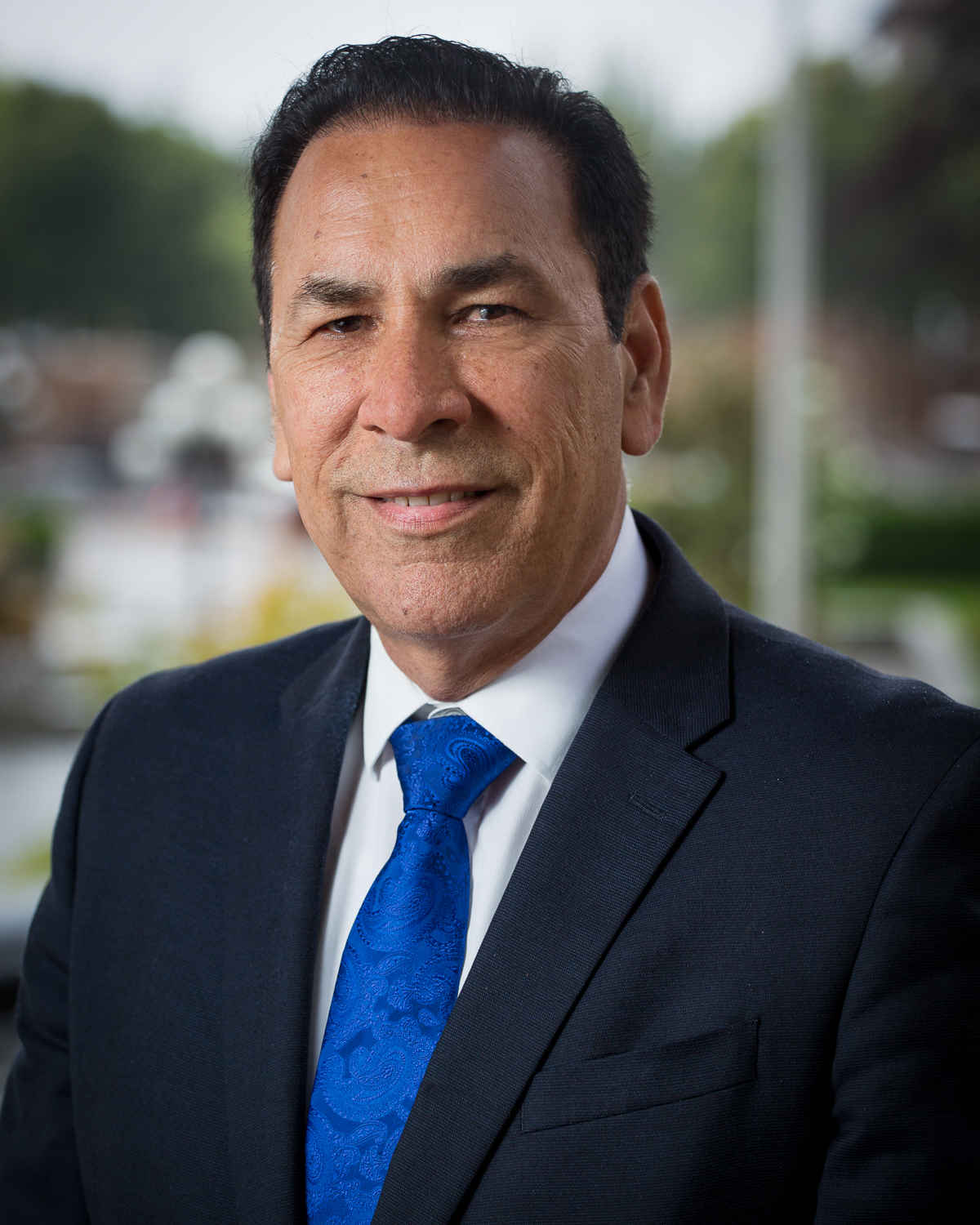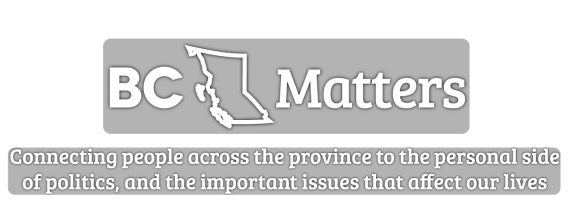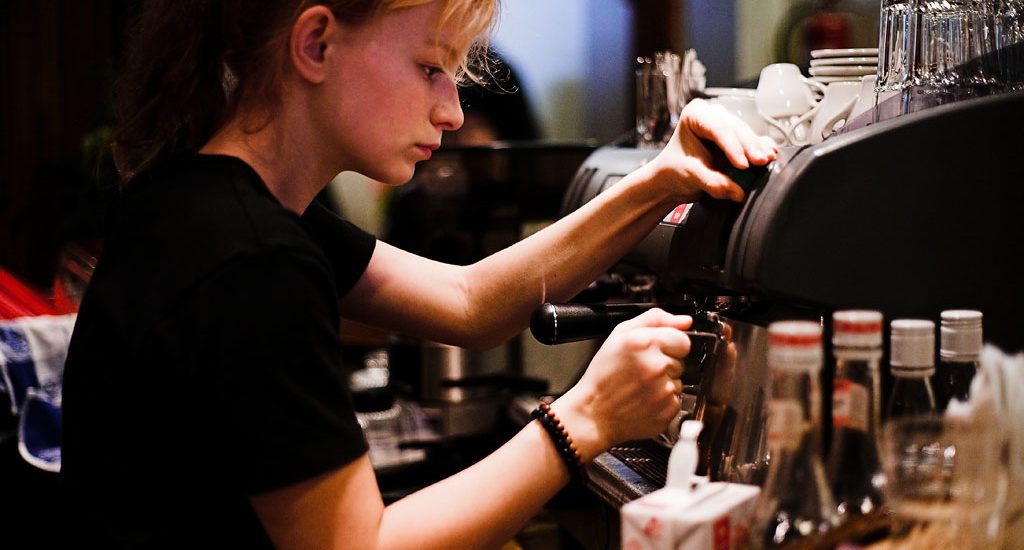
Hard-working British Columbians who work for low wages face incredibly difficult situations every day; decisions around whether to purchase groceries or pay rent, buy next month’s bus pass or pay this month’s hydro bill.
I believe hard work deserves fair reward, but right now 400,000 British Columbians are getting paid less than $15 an hour and are struggling to get by. This has left too many people just one step away from homelessness, despite working hard for a living.
When it comes to our provincial track record on poverty, B.C. ranks among the worst in Canada. Under the BC Liberals, those at the top did very well. But after sixteen years of stagnant wages and an exponential increase in the cost of living, many have been left out in the cold.
In the rare occasion when the BC Liberals actually acknowledged that British Columbians were struggling, they would highlight the belief that jobs were the single greatest social safety net—despite the amount of people working and living below the poverty line. By examining the choices the BC Liberal government made over the past sixteen years it becomes clear, they believe British Columbians in difficult situations simply aren’t working hard enough, or working enough jobs.
But when people in this province tell me they’re working two or more jobs to make ends meet, and that they must rely on food banks to feed their families, I believe that the government has a responsibility to act.
That’s why I’m proud to be part of this New Democrat government committed to increasing the minimum wage.
Raising the minimum wage is an important step in relieving some of the burden faced by those living in poverty. Over the next four years, British Columbia’s lowest-paid workers will get predictable wage increases – leading to a $15-an-hour minimum wage in 2021.
After 16 years of low wages and escalating costs under BC Lib govt,
hard-working people need to work multiple
jobs just to get by. Our government is committed to the #FightFor15 for hard
working British Columbians #BCpoli #RaiseTheWage pic.twitter.com/S9C1mL6IEc— Jagrup Brar (@JagrupBrar1) July 25, 2018
Structuring increases in this way will provide businesses with predictability and certainty about their costs for the future, and it gives the 400,000 British Columbians, who make under $15 an hour today, the knowledge that help is on the way.
We are committed to working hard in order to improve affordability for all people in the province. To get there, we need to make sure that those working full-time, get a fair wage for a day’s work.
With approximately 40% of those living in poverty being low-income working adults, this boost to minimum wage will increase their purchasing power. Greater disposable income will benefit small businesses and our local economy, while a higher minimum wage will also help decrease staff turnover, meaning less recruitment and training costs for employers.
More productive businesses, less job market churn, better paid workers, more local spending, and less debt accumulation are all good things for our communities.
Even though we’ve raised the minimum wage, New Democrats know more work needs to be done. That’s why our government is taking steps to help improve other aspects of people’s lives. From affordable housing, to safe and accessible child care, we are making historic investments in the wrap around services that help support a strong social safety net, in order to keep people out of precarious situations.
Back in 2012 I was the sole MLA to participate in a 30-day challenge put forward by Raise the Rates–an organization that fights for justice for people living in poverty–to live on the then welfare rate of $610. This month long journey gave me the opportunity to experience firsthand what life is like for far too many British Columbians.
While my experience living in poverty was temporary, 400,000 people across our province remain economically insecure. In a province where we have the lowest unemployment rate in the country, strong job growth, and a positive economic outlook, it’s time we share this prosperity with B.C.’s lowest-paid workers. Doing so isn’t just the right thing to do for people–it’s good government.

